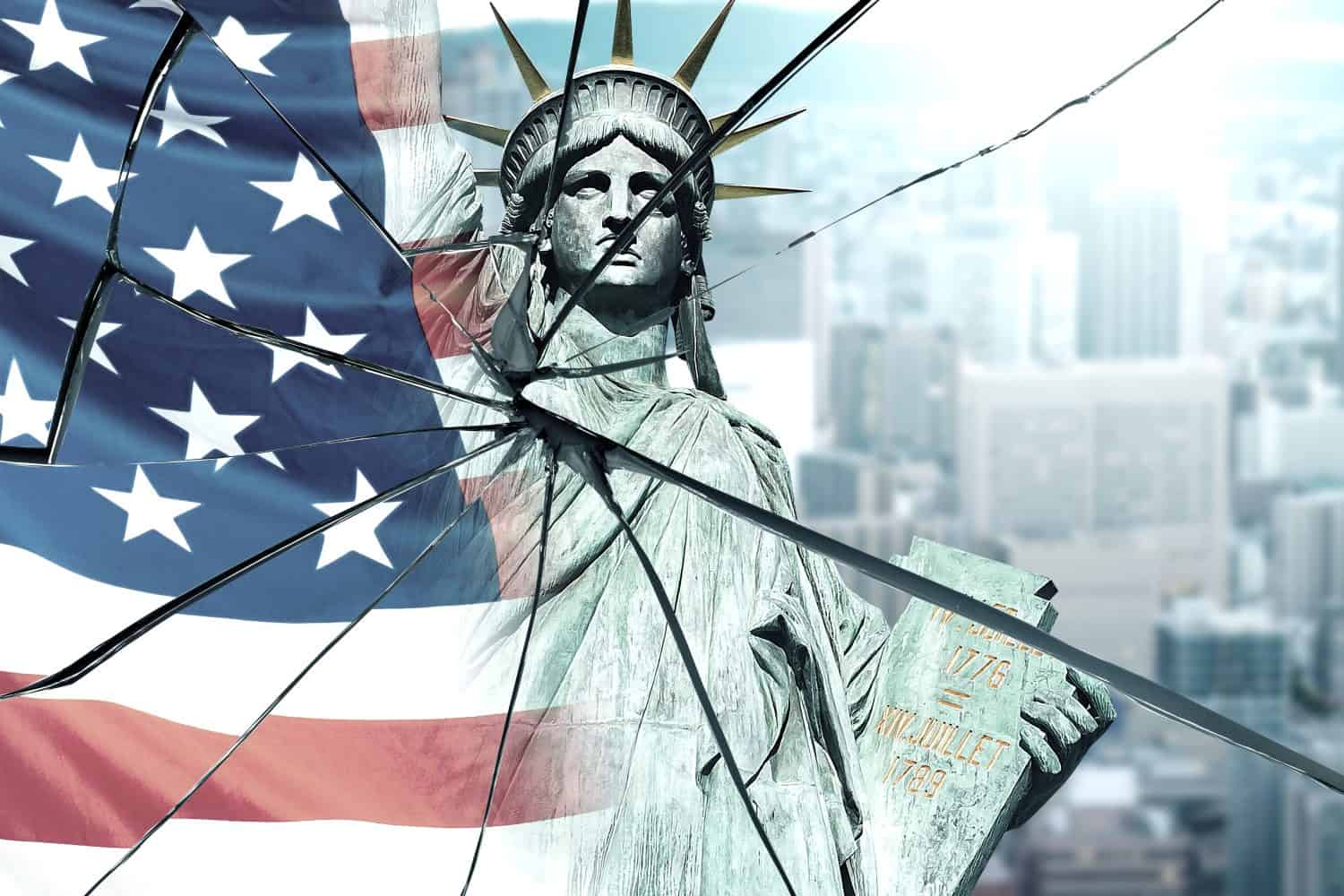
Hindsight is 20/20, they say. We can all think of things in our lives that might have turned out much better if we had made different choices. The same is true of geopolitics. More than any other country, the United States has had opportunities to radically change the world we know. Would those changes have been better than what we have? You be the judge.
24/7 Wall St. Insights
- The U.S. could have made different decisions about its own independence, its expansion, and its involvement in overseas conflicts.
- Alternative scenarios may have been worse than the real world of 2024.
- Check out: 2 Dividend Legends To Hold Forever and Discover “The Next NVIDIA
A Big Disclaimer

In this article we’re going to look at some turning points in U.S. history where a different choice could have led to radically different outcomes. We’re not saying the country should have made these choices; we’re just asking, what would have happened if it did.
What’s the Point?
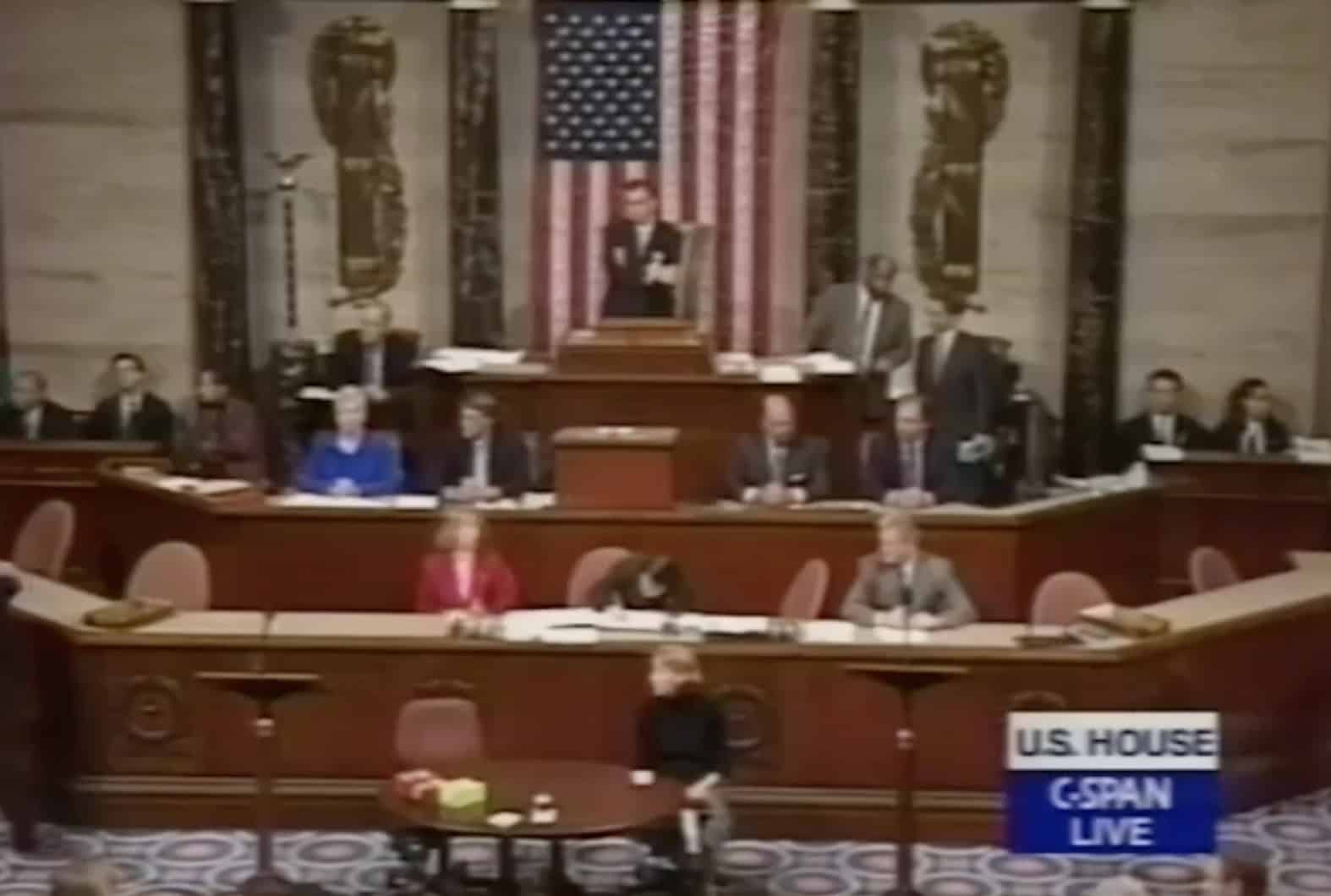
In recent years the country has been going through some soul-searching about our place in the world, our alliance commitments, and spending priorities. Looking back at these past watershed moments can help us consider the seriously high stakes for the future of the decisions we make today, which need to be carefully thought out and implemented.
SCENARIO 1: What If the U.S. Remained British?
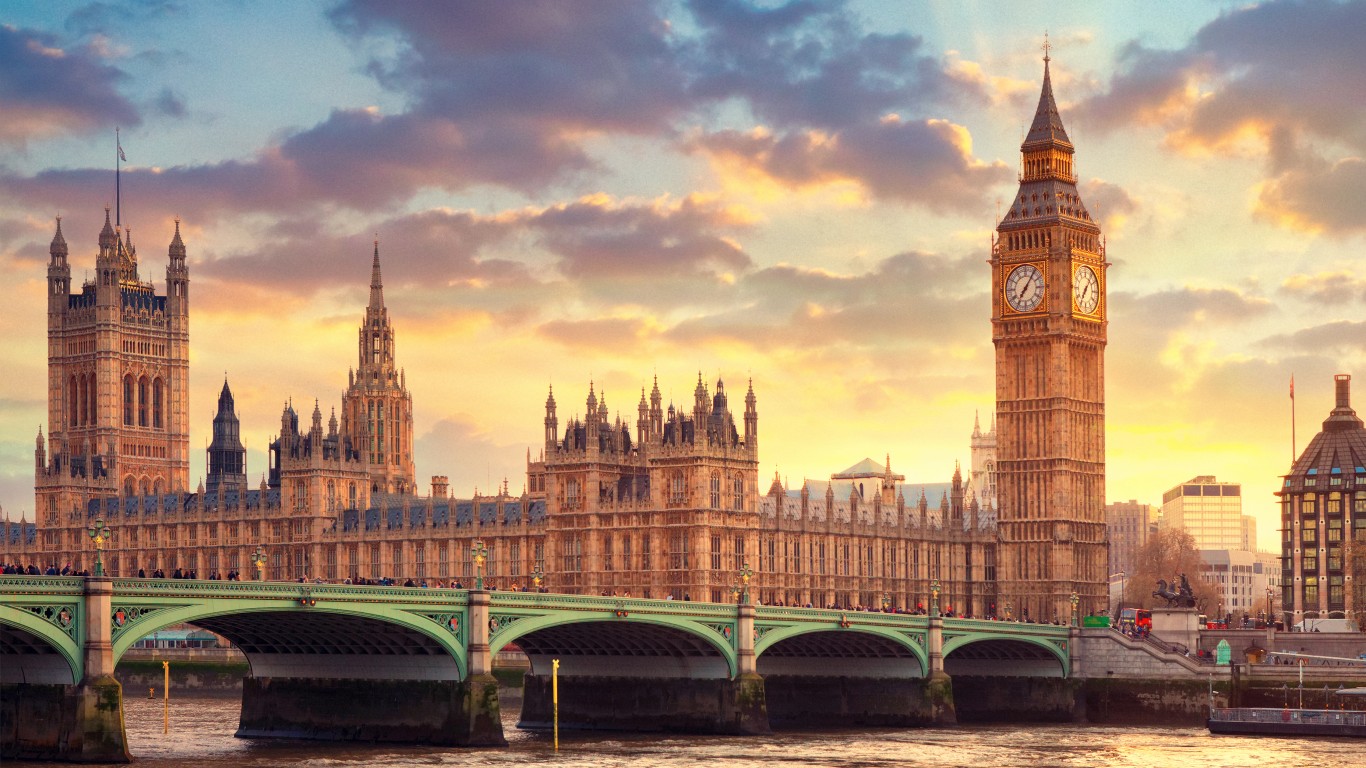
Early in the march toward revolution, more moderate Americans didn’t think we needed independence, just representation in the British Parliament. Based on the population at the time, the 13 colonies may have controlled 25% of the British House of Commons and could have fought for American interests politically in the legislature instead of on the battlefield.
How Would Britain Benefit?

Had the colonies stayed in the empire, they would have lent their strength and resources to Britain’s colonial wars. The empire likely would have been larger and more militarily dominant. The World Wars might not have happened as British enemies may have been deterred by its greater military power. And if they did occur, the Americans would have been involved from day one, bringing those conflicts to a rapid conclusion with their superior numbers and economic base.
How Would America Benefit?
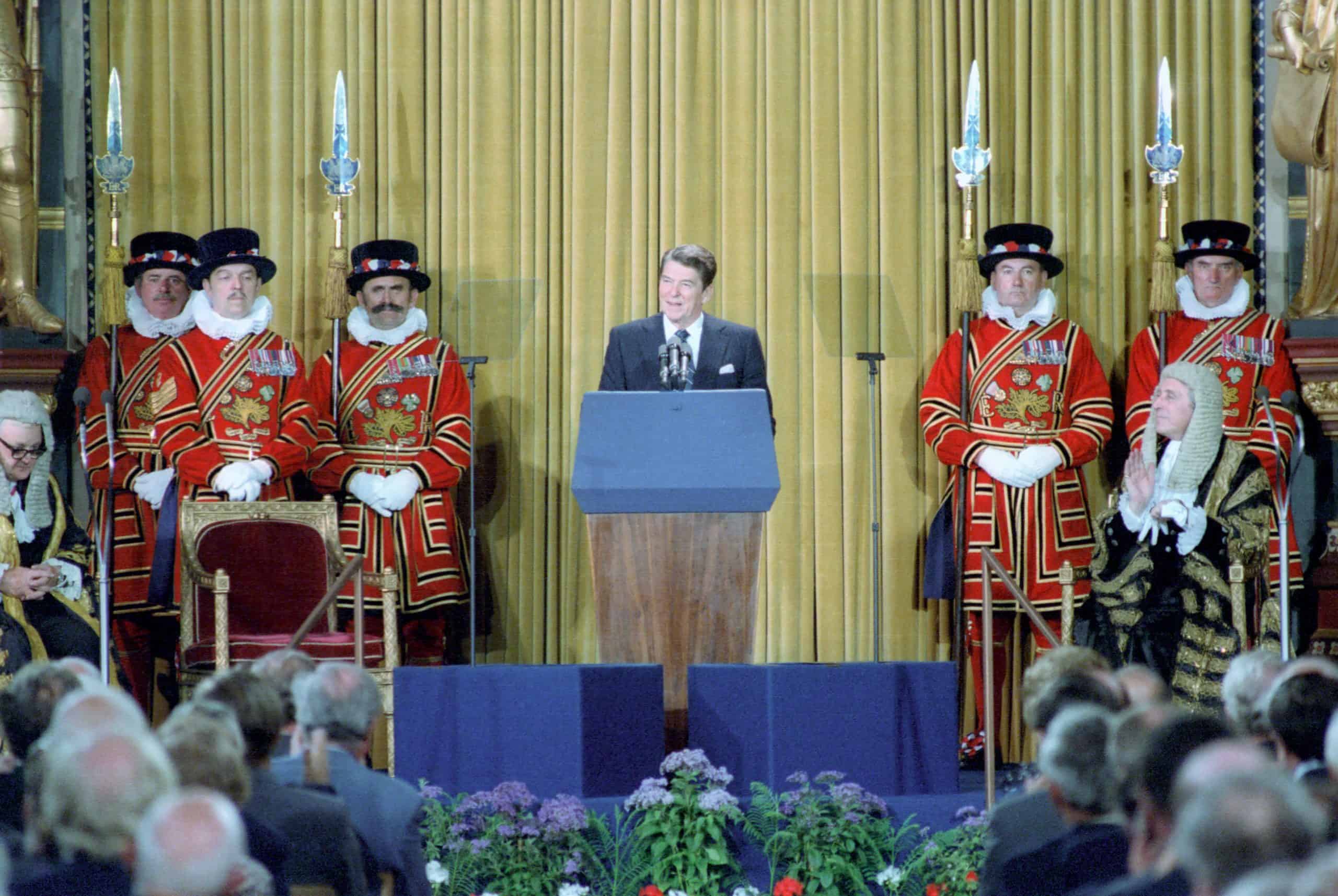
Remaining in the British Empire would mean, for all intents and purposes, the United States would have inherited the empire. Even if the capital remained in London, at today’s population ratios 80% of Parliament could be American and would likely choose an American Prime Minister. So without ever firing a shot, over time the roles would have reversed with the British Isles playing a role in the combined country like a large state, and the “colonists” calling the shots.
SCENARIO 2: What If the US Annexed Canada Instead of Mexico?
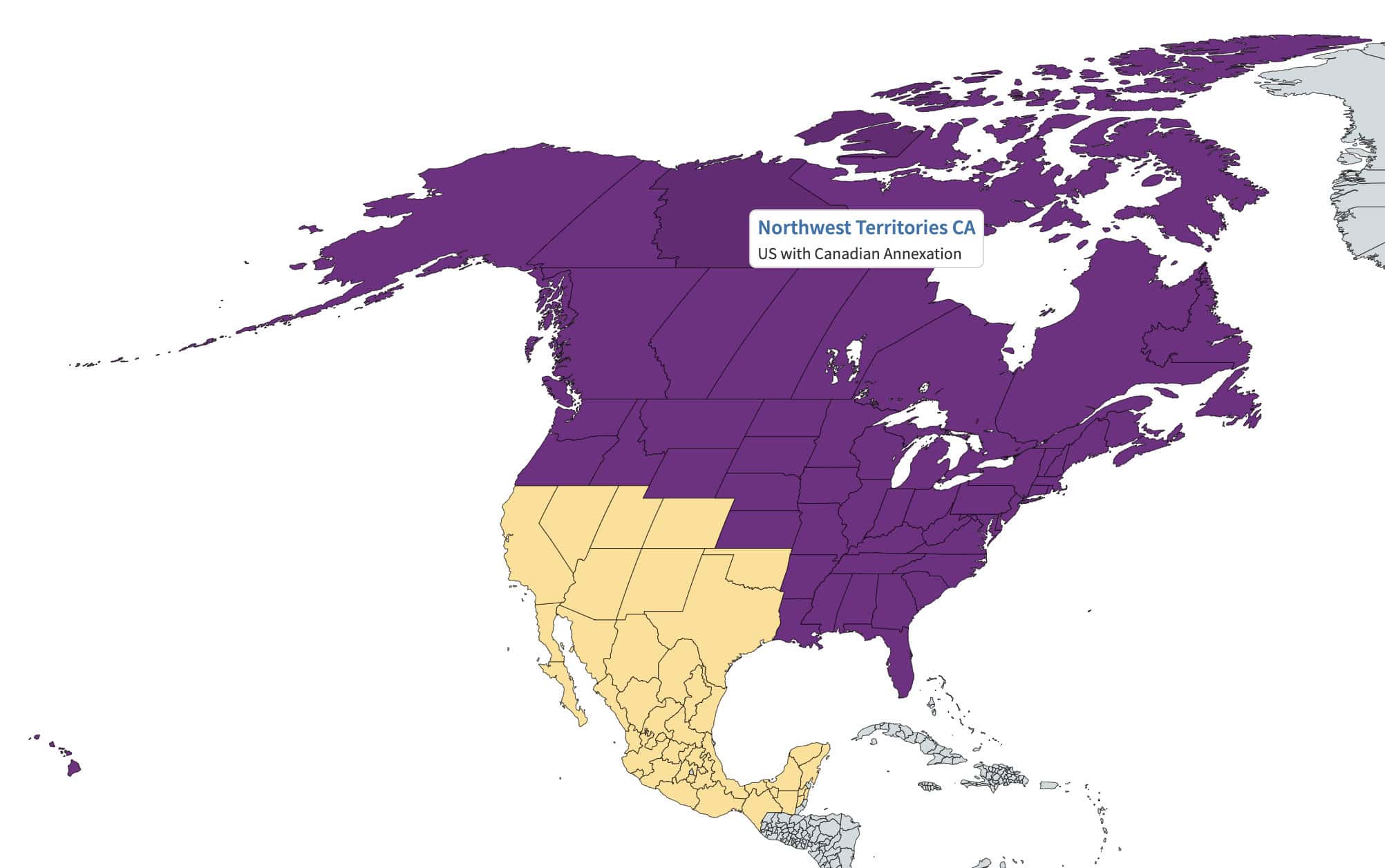
Canada and the United States have similar cultures and histories. The U.S. invited the British colonies in Canada to join the revolution and some U.S. politicians secretly and not-so-secretly had designs on annexing Canada during the era of Manifest Destiny. Instead, the U.S. fought Mexico and annexed the northern half of it, which made up all or part of 9 Southwestern states. What if we made the opposite decision?
The Oregon Country Dispute
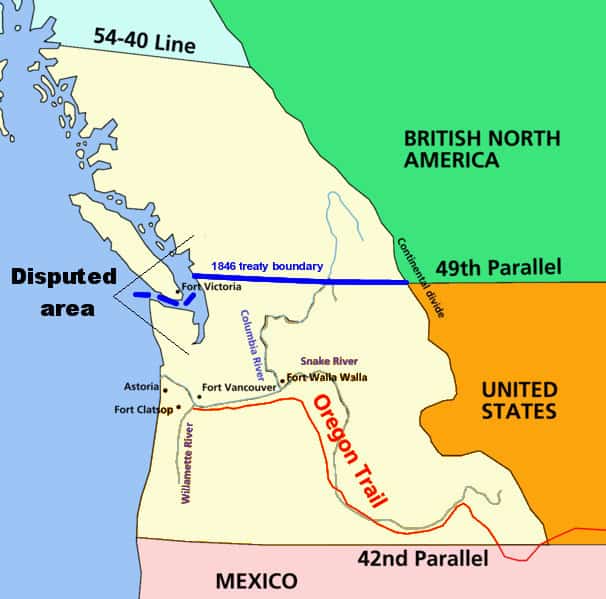
The United States fought Britain in 1776 and again in 1812 to assert its full independence. In the 1840s there was a real possibility they might have fought again over the division of the Oregon Country. American nationalists wanted to claim the whole disputed area up to latitude 54°40′, which is today the southern tip of the Alaska panhandle. Although an ardent expansionist, president Polk cut a deal to divide the territory along the 49th parallel.
The Mexican War
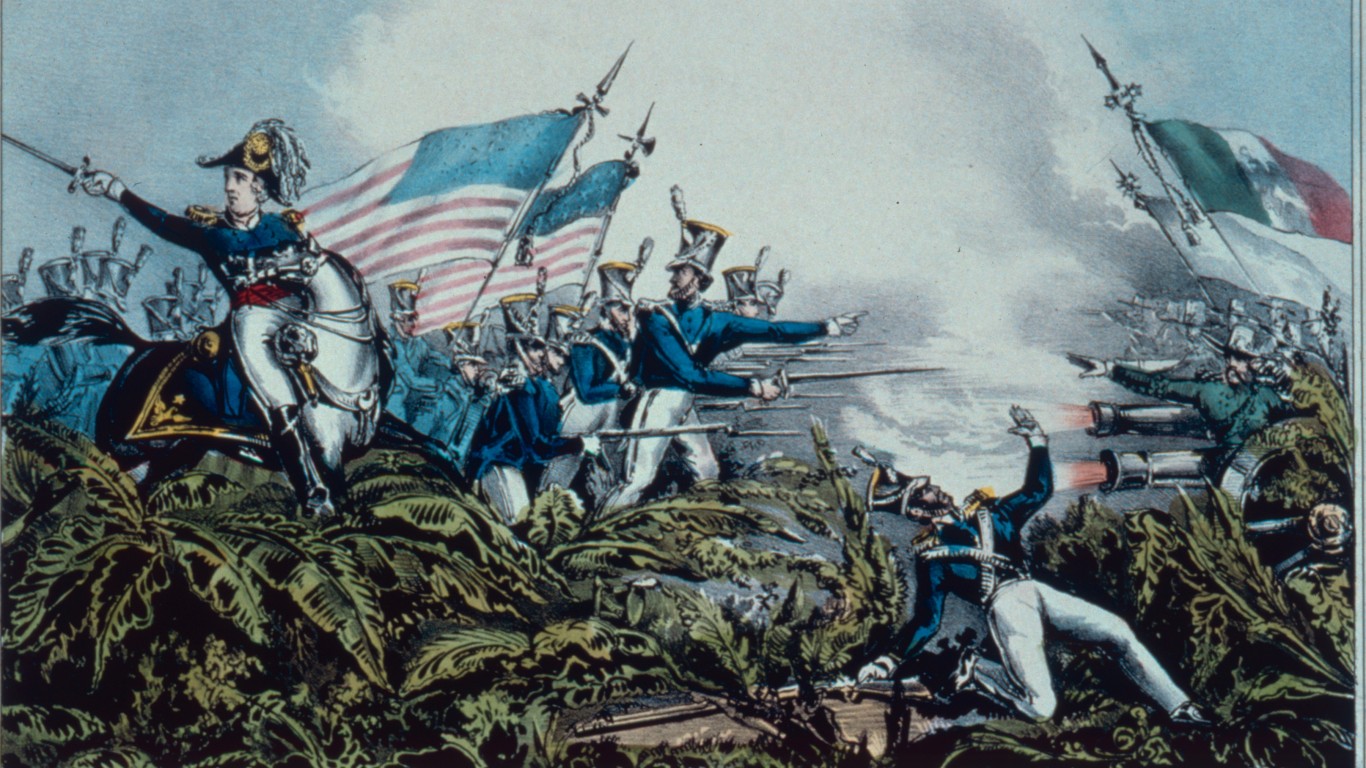
Having secured the northern border to avoid fighting a two-front war, Polk took the U.S. to war against Mexico from 1846-48. This ended in a decisive American victory, including the occupation of Mexico City. Polk wanted his negotiators to claim much more Mexican territory than they did, but had to settle with “only” the northern 55% of it. The war quickly paid for itself financially with the discovery of gold in California. But division of the new territory into slave and free states was a major source of tension leading up to the Civil War.
Impact on the Civil War
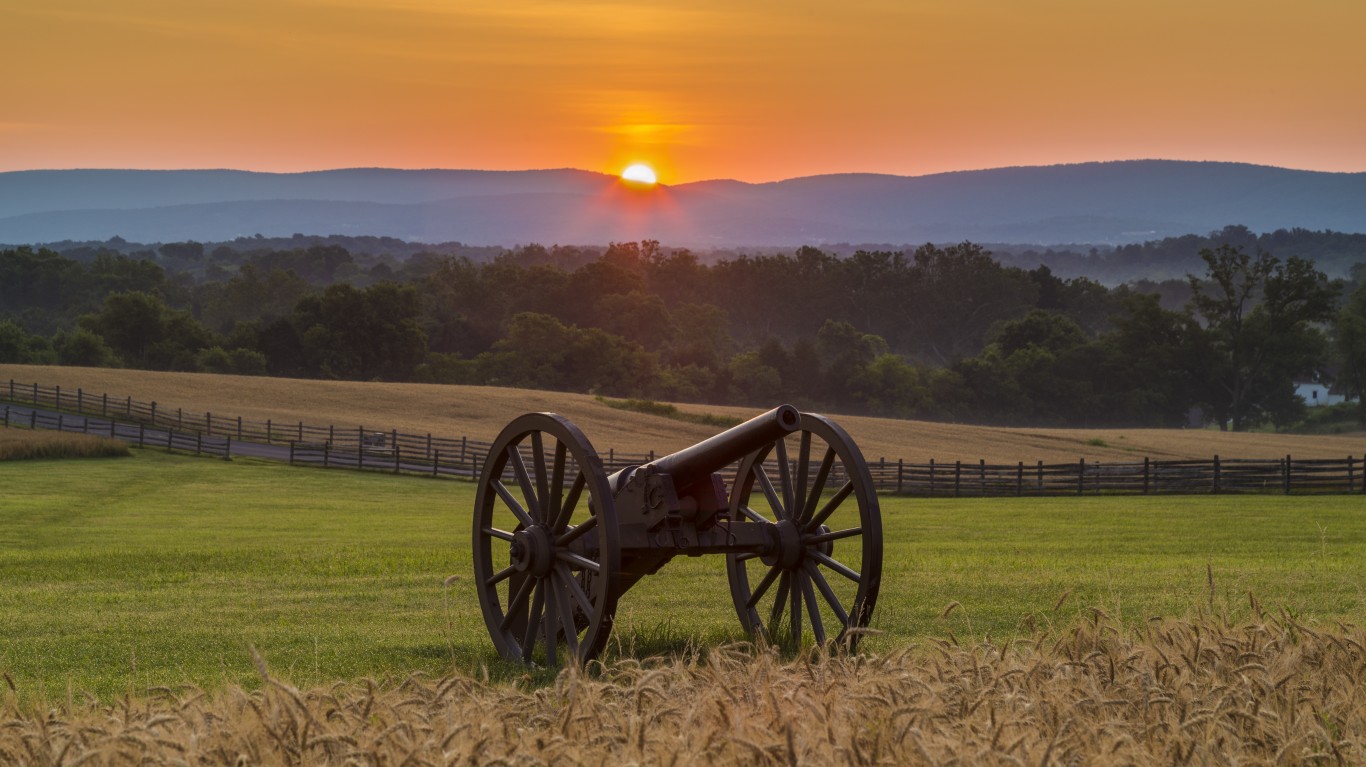
Had the U.S. expanded north instead of south, the free states would have had room to expand and increase their political power while Southern expansion would have been restricted. This likely still would have led to the Civil War. The relationship with Great Britain would have been absolutely abysmal and there would be a good chance of the British arming the Confederacy or even intervening militarily to try to reclaim Canadian territory. Quebec might have taken advantage of the chaos to declare its own independence from the U.S., facing the Union potentially with a two-front civil war and a foreign invasion. It’s hard to see how any of this could end well for the United States.
Impact on Mexico
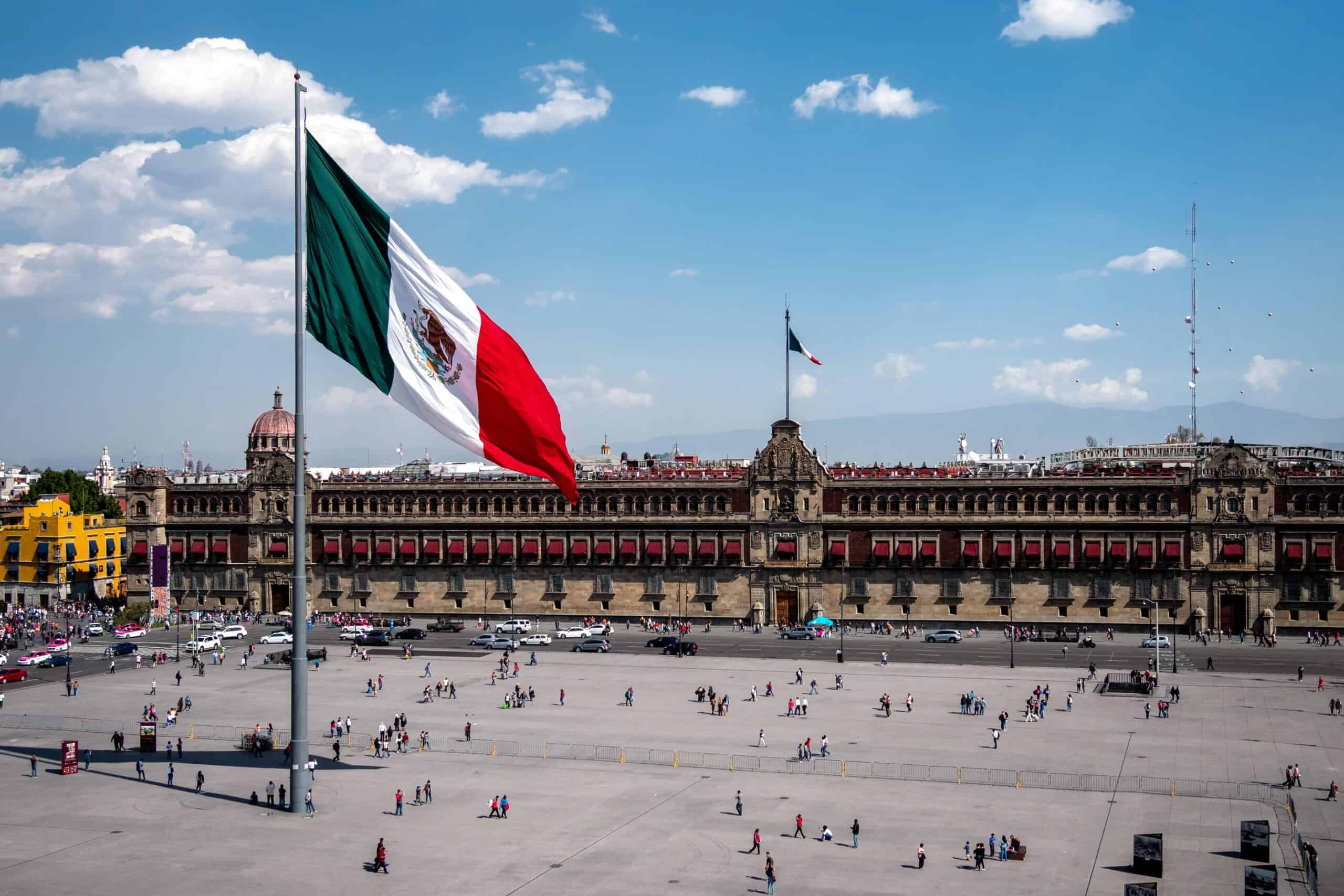
Mexico would be twice as large as it is today and have far more natural resources for its development and more productive land for its people. This may have created less of an economic gap on the continent and eased the issues with undocumented immigrants we have today. But we would have had a much longer border that would be vastly more difficult to control.
There would also be the possibility of Mexico allying with the Union against the Confederacy to reclaim all or part of Texas. This might just be a deal the Union would be willing to take if it were fighting both the South, the British, and even the Quebecois all at the same time. Inevitably, though, the U.S. and a larger and more powerful Mexico would have still had a host of border issues and would have been rivals for leadership in the Caribbean, Central-, and South America. Periodic wars between the two countries would be likely.
SCENARIO 3. Cultural Fusion with Native Americans

When the numbers of British settlers were small and the colonies were tenuous, they depended heavily on good relations with Native American tribes for essential supplies and protection from more aggressive tribes. As European settlement expanded dramatically, tensions overflowed into warfare and unspeakable acts of cruelty. These types of abuses happened in colonies of every country, but in the Spanish, Portuguese, and French colonies there was much more of an ethnic and cultural mixing between Europeans, Native Americans, and African slaves and their descendants. How would the U.S. have been different if British colonists had taken this approach?
What Would Have Been Different?

British colonials pretty much universally saw themselves as having a superior culture and the local people as being inferior, childlike, or evil and in need of being civilized. They insisted that Native Americans needed to adopt European culture, including clothing, housing, language, and religion.
Instead, what if British settlers some how had 21st century sensibilities(!) and could have seen indigenous people as experts in the local flora, fauna, geography, and tribal cultures and concluded that they were different but socially equal. And what if they had decided to adopt more of their ways, which were better suited to the local environment and resources. And what if intermarriage with them had been more socially acceptable, as it was in French, Spanish, and Portuguese colonies?
What would have Stayed the Same?
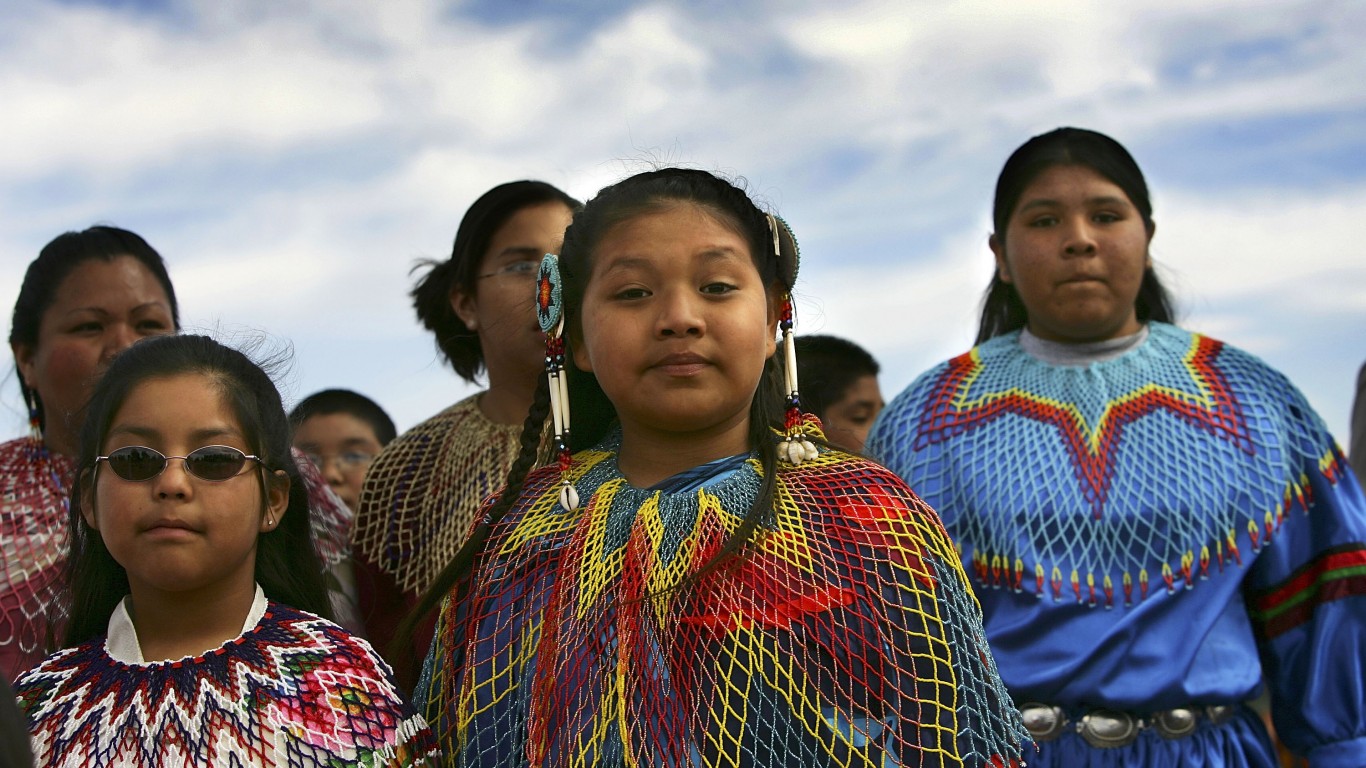
Multicultural America
In this more “multicultural” approach to colonization, most likely the American culture would have still looked quite a bit like it does today as an international melting pot, but we might see some Native American cultural elements as a more prominent and mainstream part of the culture instead of erased or relegated to a historical footnote. In this, the culture of the United States might have had more similarities with that of Mexico or Brazil with both European and indigenous elements. Native Americans would also live in more parts of the country, particularly in the East, and not be relegated to isolated reservations on resource-poor wastelands.
Inevitable Cultural Destruction
Even if the colonists had adopted indigenous ways and tried to treat the local people with dignity and respect, the enormous numbers of European immigrants who swamped the continent would have inevitably clashed with them. There was absolutely zero chance that desperately poor lower class people in overcrowded Europe would have passed up the chance to seize primo farmland, gold mines, forests, and plentiful game from a comparatively sparse population with a lower level of military technology. No matter how this mass migration and settlement took place, millions of Native Americans would have still died of novel diseases they had no immunity to. European culture, technology, and trade would have still disrupted the existing Native American traditional cultures and tribal relationships and created power imbalances and internecine warfare.
Fruitless Americanization
Even if the Native American tribes had jumped wholeheartedly into the Anglo-American efforts to “civilize” them, it likely would not have done them much good. The Cherokee were peaceful and had heavily assimilated Anglo-American culture. That didn’t stop them from being deported from their ancestral land in the southeastern states to Oklahoma on the Trail of Tears. They responded to this in the way Americans are taught to: they petitioned the government, took their case to court, and won a favorable ruling from the U.S. Supreme Court . . . a ruling that the Jackson administration ignored and proceeded to seize their land and deport them to Oklahoma anyway.
SCENARIO 4: An Imperial America
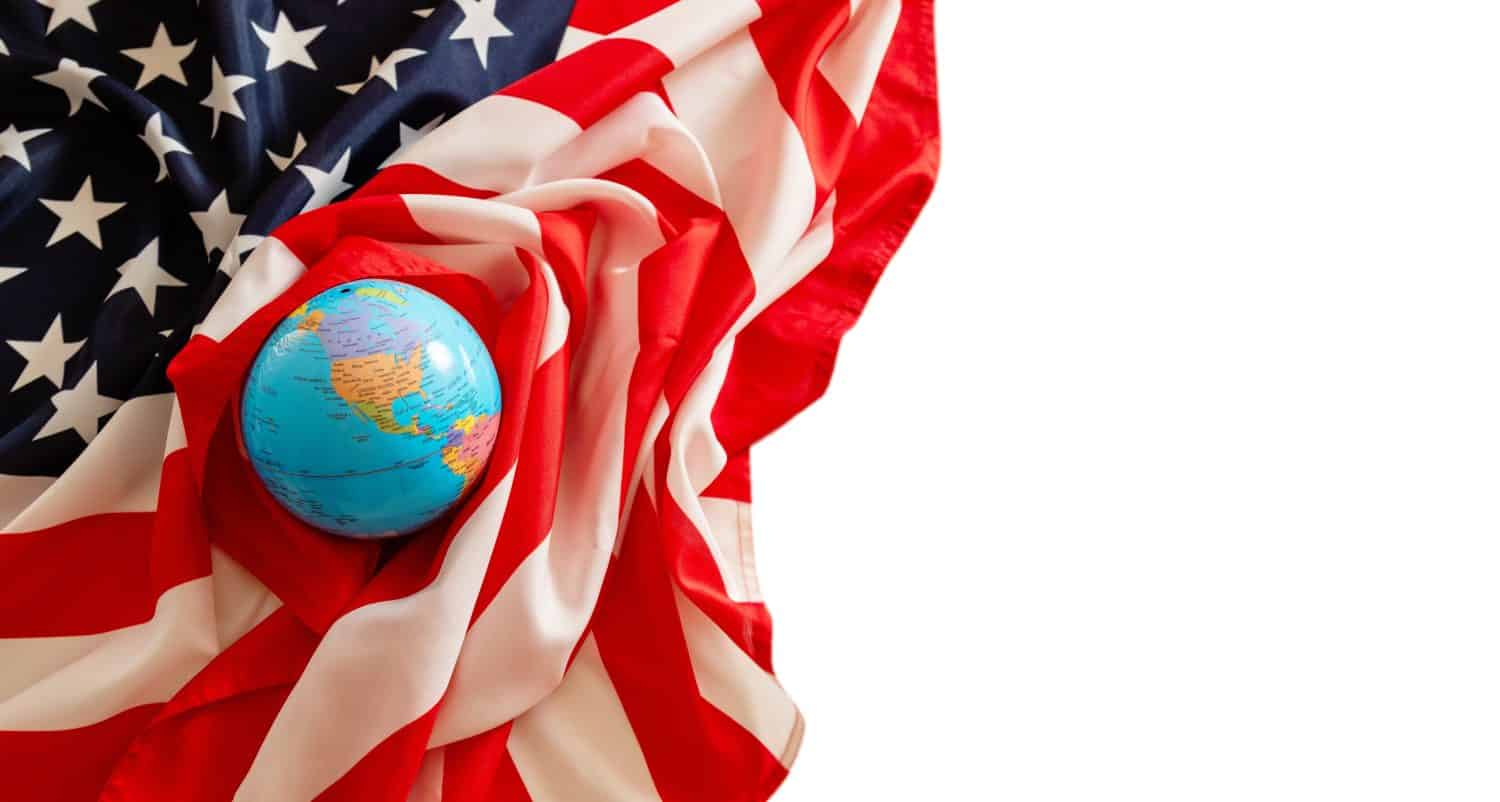
The United States became a colonial empire by taking control of a good deal of North America and islands in the Caribbean and Pacific, the most significant of which were the Philippines. The country favored expansion into thinly-populated areas with farmland and natural resources. But it could have taken a different course by building a multinational colonial empire in more heavily populated parts of the world to rival the European great powers.
Potential American Colonies
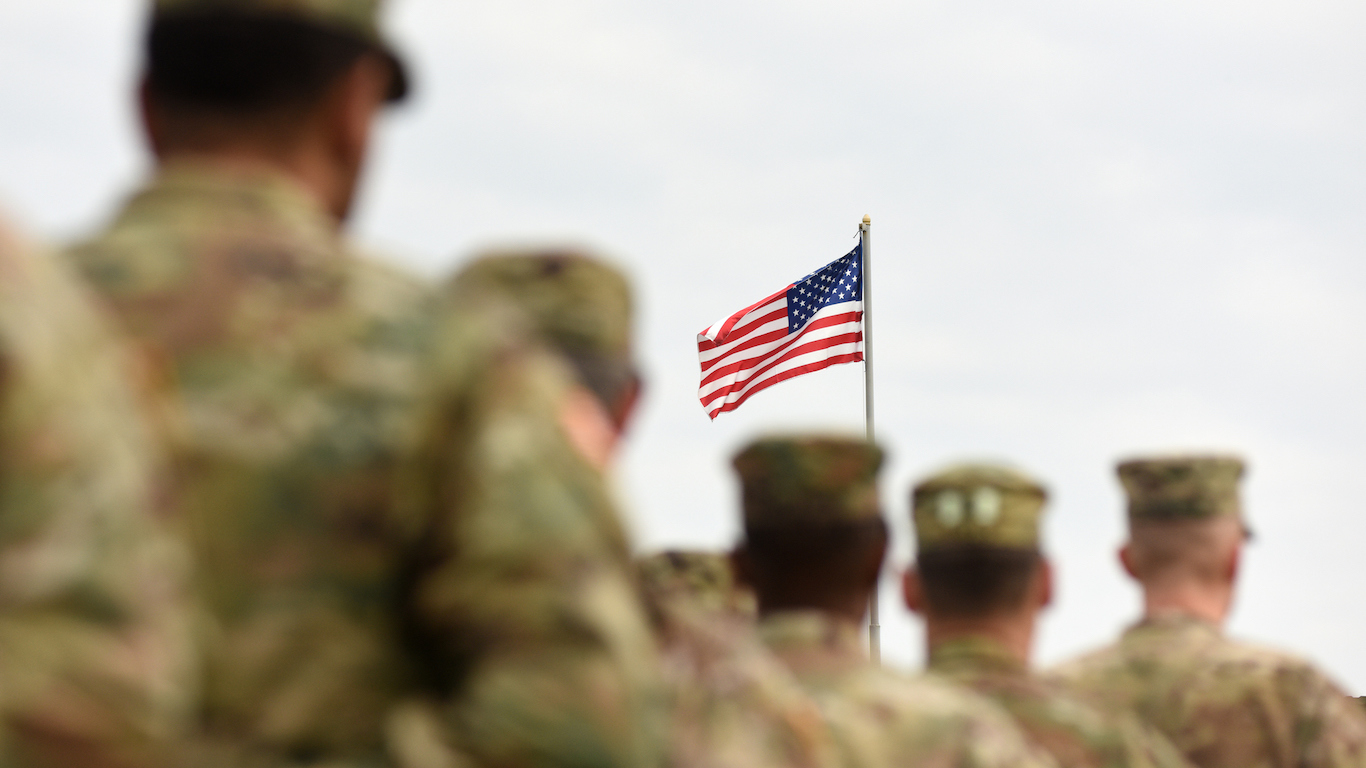
The U.S. could have taken advantage of wars between European countries to come in on one side or the other to snatch their colonial possessions in North and South America and the Caribbean. The British controlled the seas, but if the U.S. had surpassed them in naval power it could have had its pick of Pacific islands and even might have seized control of Australia and New Zealand. Alternatively, it could have partnered with the British and instead picked off French colonies in Africa. Ruling these places would have meant deploying American soldiers around the world to suppress rebellions and manage conflicts between local people groups—a costly, thankless, and unnecessary task.
Earlier Intervention in the World Wars
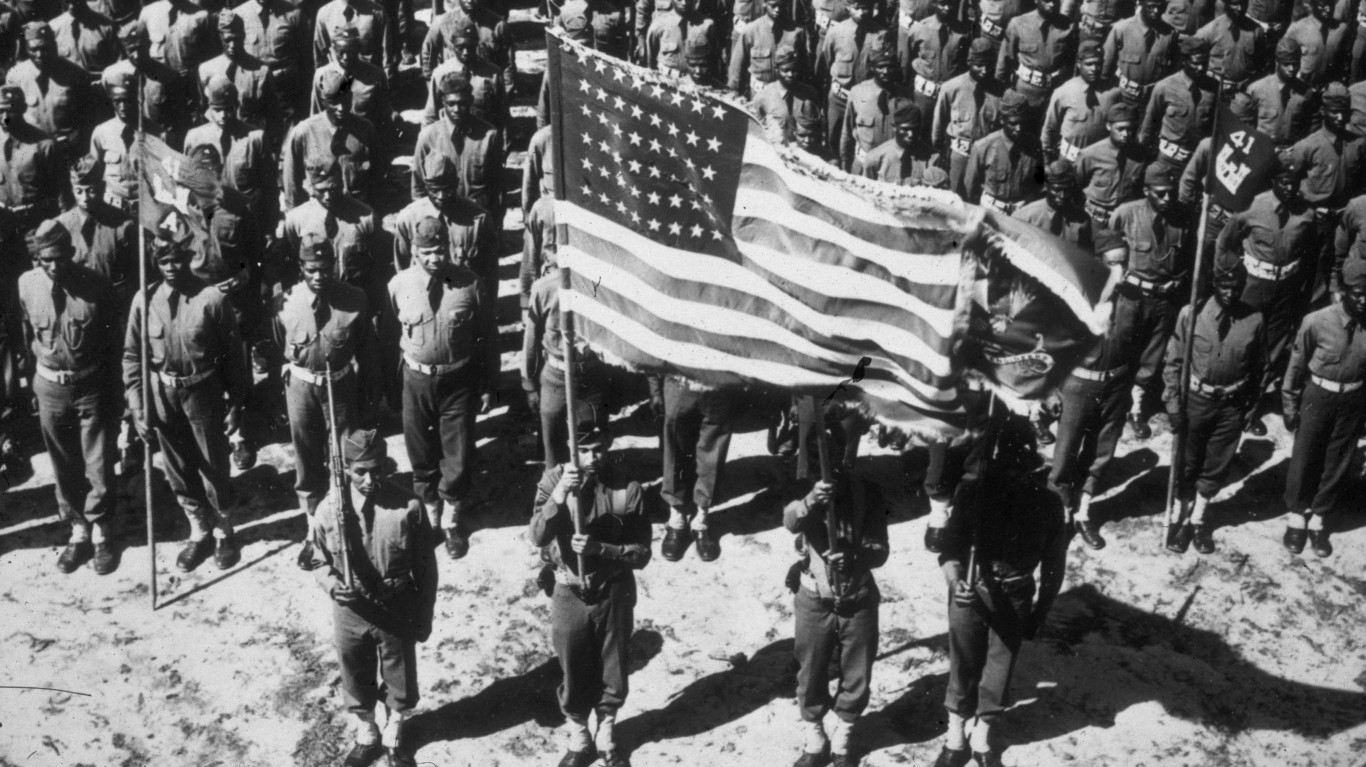
Another expression of a more globally domineering United Sates might have been much earlier intervention in World War I and World War II (if there had been one). U.S. isolationism caused it to view these conflicts as European affairs that really didn’t have anything to do with us, until they grew so big that we were dragged into them. A highly engaged America might have been enough of a deterrent to stop these wars from happening, or if they did, to put a decisive end to them in their early stages.
18 An Atomic Monopoly
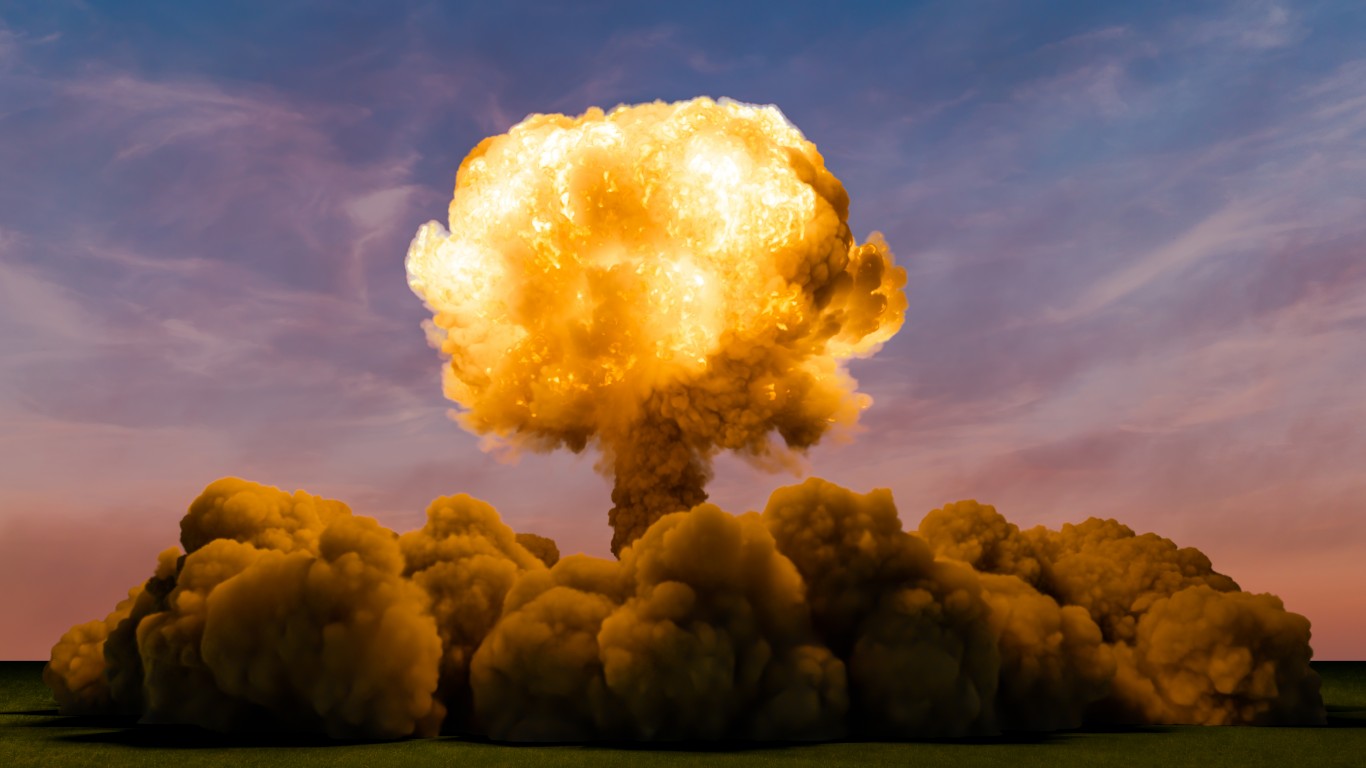
World War II ended when the United States dropped two atomic bombs on Japan. The American monopoly on these weapons lasted just 4 years before the Soviet Union developed their own, with the assistance of American spies. The staunchly anti-communist Winston Churchill privately urged the Americans to drop an atomic bomb on the Kremlin to take out the whole Soviet leadership and drive them out of Eastern Europe: a horrific Machiavellian proposal he was apparently quite serious about.
It certainly would have been possible for the United States to have declared that no other country, friend or foe, would be allowed to develop nuclear weaponry, and backed that up with its own conventional and nuclear forces. This would have prevented the Cold War, the nuclear arms race, and the problem of nuclear proliferation. The price of this would have been at the least, the United States being perceived as the world villain, and at the worst with the United States actually being the world villain by nuking any country that tried to develop comparable technology.
A World Government?
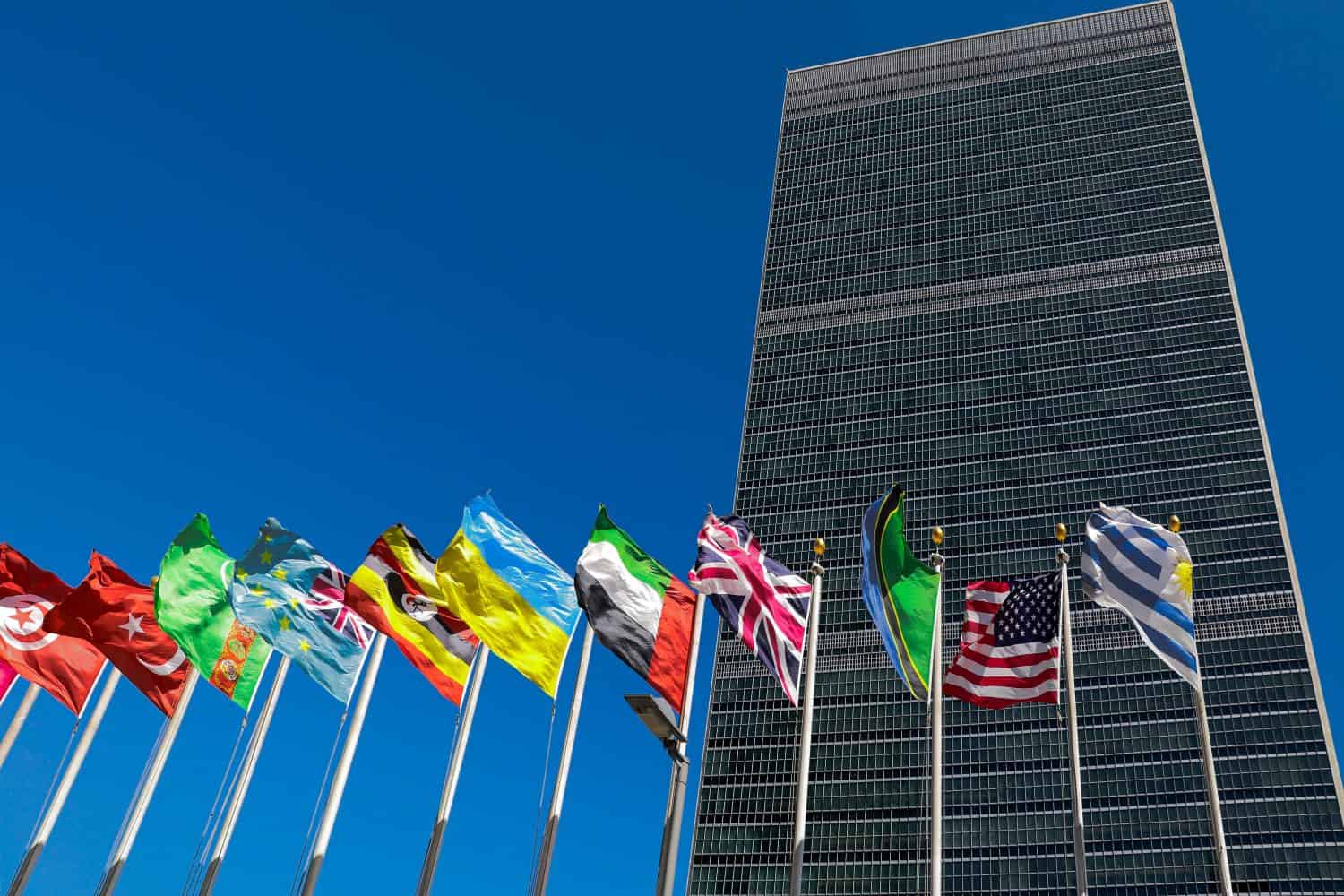
At the extreme, an American monopoly on the ultimate weapons could have put it in a position to organize the whole planet under a single governmental structure, perhaps with a monopoly on all offensive military power, not just nuclear weaponry, and local governments only controlling police forces.
For many Americans, a world government is the ultimate nightmare scenario. In an alternative history in which the country had made a career of running as much of the world as possible, then taking the ultimate step of setting up a government over the whole thing might have been viewed by Americans as the ultimate triumph of a system they have traditionally viewed as superior to all others.
American Values – Ideal and Real
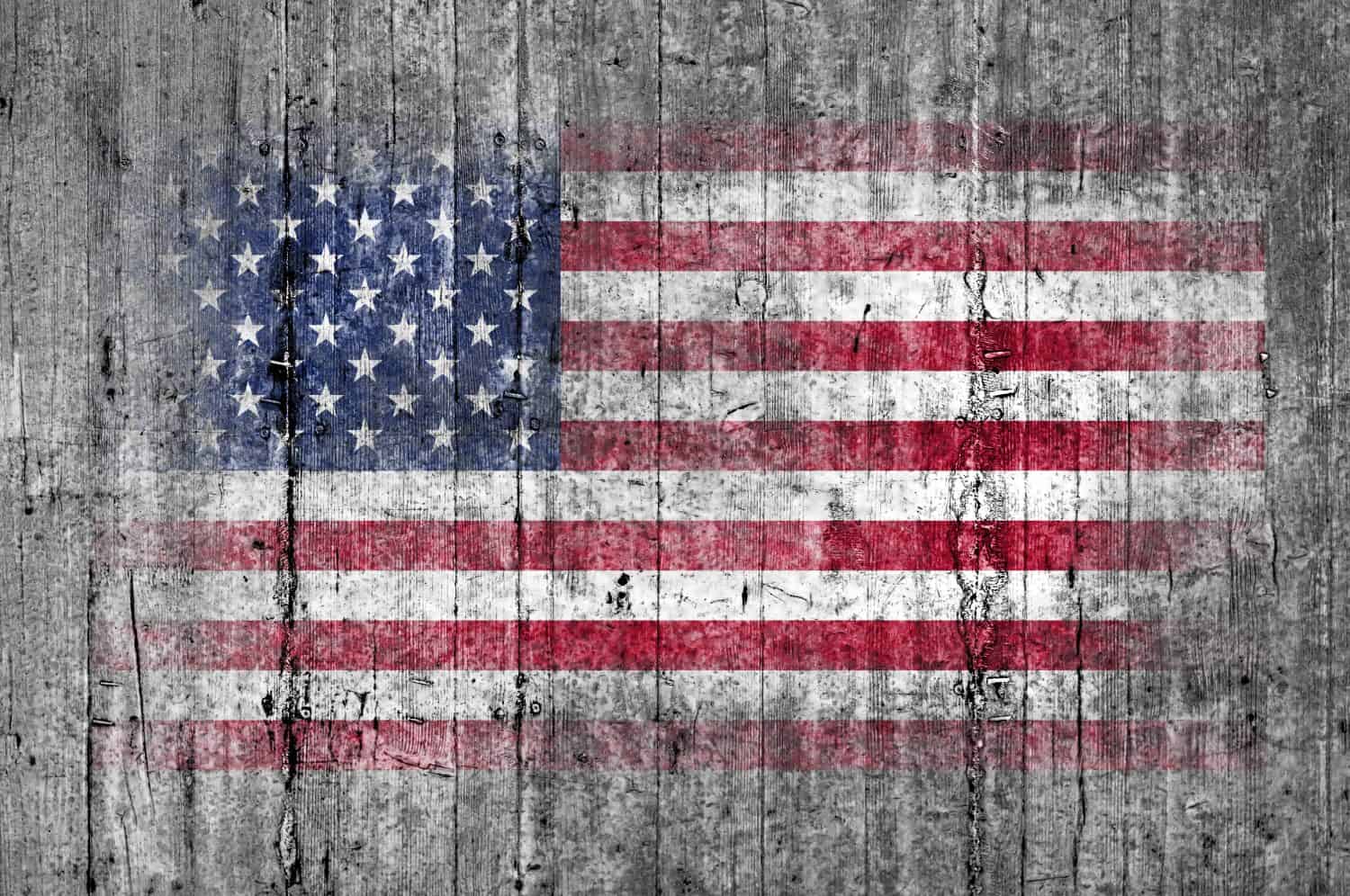
One of the great paradoxes of the American system is the tension between the high values of freedom, equality, and the rule of law and the reality that in the very same system, we have deprived other people of their freedom, property, equal rights, and protection under the law. Most of the scenarios explored here represent extremes of such inconsistency. What if America didn’t care so much about its own independence and worked things out with the mother country? What if we actually lived out our high ideals in our approach to Native Americans? What if we leaned fully into the idea of being a global empire or a world government instead of at any level respecting other countries’ independence or just remaining aloof from world affairs? Most of these scenarios could have led to some terrifying dystopian ends. All of them would have required America to be a significantly different country than it actually was, and is today.
Are You Ahead, or Behind on Retirement? (sponsor)
If you’re one of the over 4 Million Americans set to retire this year, you may want to pay attention. Many people have worked their whole lives preparing to retire without ever knowing the answer to the most important question: are you ahead, or behind on your retirement goals?
Don’t make the same mistake. It’s an easy question to answer. A quick conversation with a financial advisor can help you unpack your savings, spending, and goals for your money. With SmartAsset’s free tool, you can connect with vetted financial advisors in minutes.
Why wait? Click here to get started today!
Thank you for reading! Have some feedback for us?
Contact the 24/7 Wall St. editorial team.
